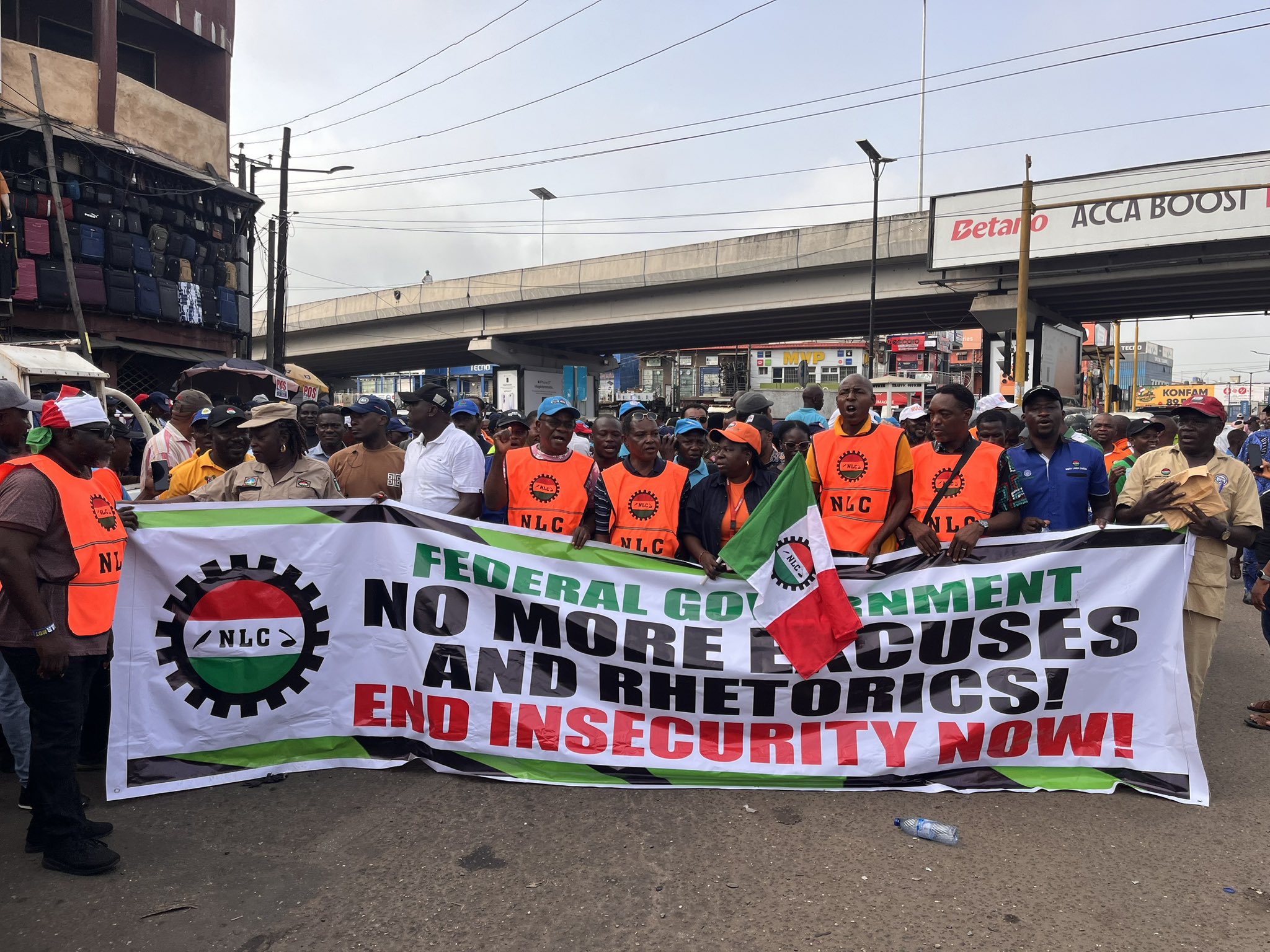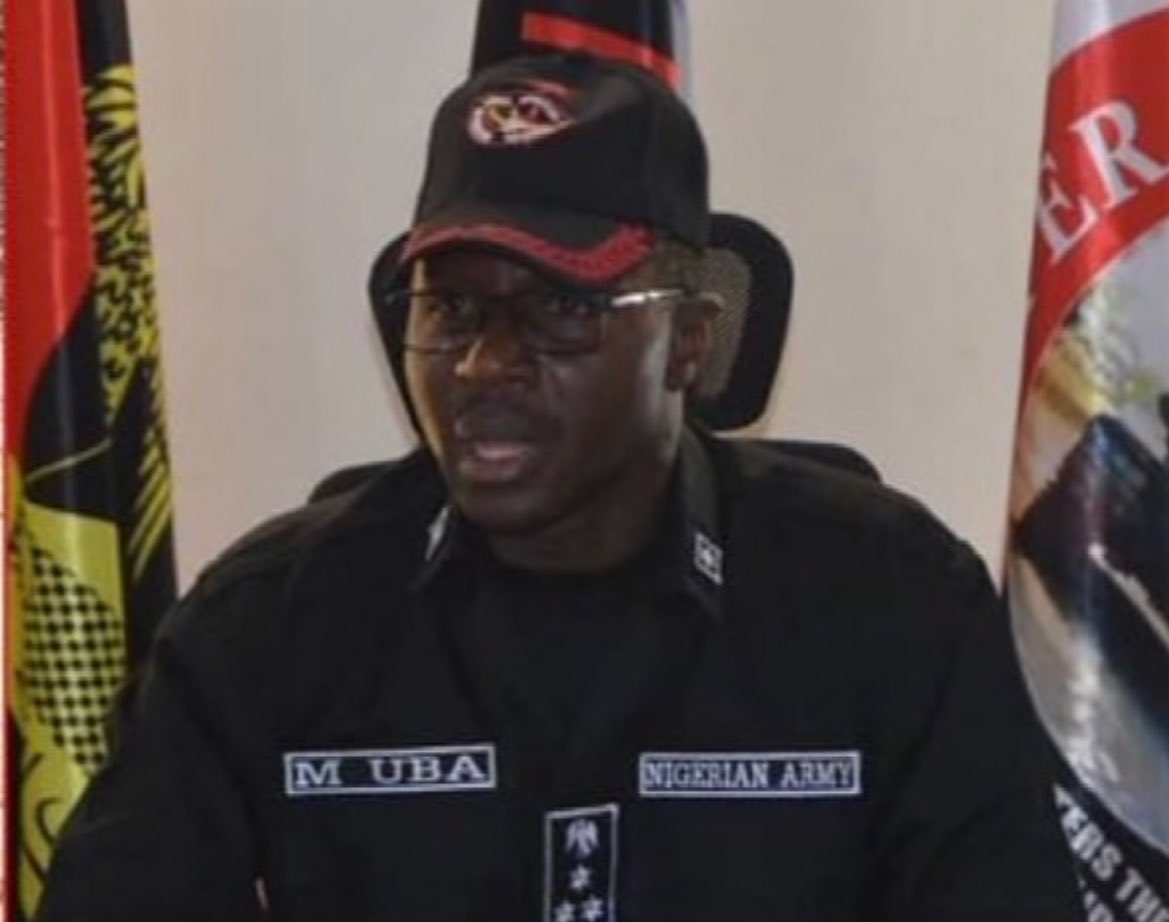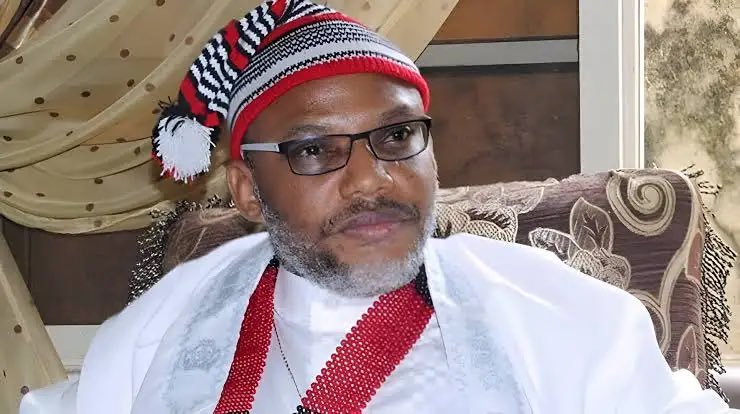
The flag of the former Republic of Biafra consists of a horizontal tricolour of red, black, and green, charged with a golden rising sun over a golden bar; the sun has eleven rays, representing the eleven provinces of Biafra.
With the election of the northerner, Muhammadu Buhari, as president of Nigeria earlier this year, it was feared that militancy would increase in the Niger Delta. There are signs that the militants in the region have begun rearming and are attacking communities and oil and gas installations, actions precipitated by suggestions that payments to former militants through the amnesty programme will be stopped at the end of this year. But some political violence is related to older wounds, as Nigeria Politics & Security highlights in relation to the Biafran independence movement, which has re-emerged partly due to Buhari’s unpopularity in Nigeria’s South East.
The commercial city of Onitsha (Anambra State) was brought to a standstill on 6 November, when thousands of people took to the streets to demand the release of Nnamdi Kanu, the operator of illegal radio station ‘Radio Biafra’ and leader of the separatist movement, the Indigenous People of Biafra (IPOB) (see Nigeria Politics & Security – 26.10.15). There were also smaller, spontaneous, protests in other cities in the South East geopolitical zone and outside this zone, including in Bayelsa, Rivers and Delta states.
Kanu has been in detention since his arrest on 18 October, but no charges have been brought against him. However, his continued incarceration is fast turning him into a folk hero in the South East and among some Igbo-speaking people. His arrest has also put his previously unknown organisation, the IPOB, into the limelight. The group is seeking an independent state for Nigeria’s Igbo-speaking people. Buhari has his lowest job approval ratings in the South East, and they are unlikely to improve with Kanu’s detention. The protest appears to have gained ground in part because of a perception that Buhari is biased against the South East.
In his initial political appointments, Buhari did not pick anyone from the South East. This created a strong feeling of neglect in the area which had voted massively in favour of the PDP in the last election. Kanu’s arrest and the subsequent protests have bought the Biafra issue into national headlines and most significantly, social media conversations.
The agitation for Biafran independence is bound to increase in the next four years of the Buhari administration, and how the president handles the unrest will be key to how much it is exacerbated over the period. The PDP issued a statement on 8 November cautioning the Buhari government against using force to deal with the rising protest over Biafra.



